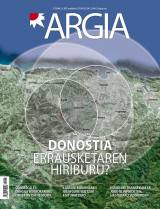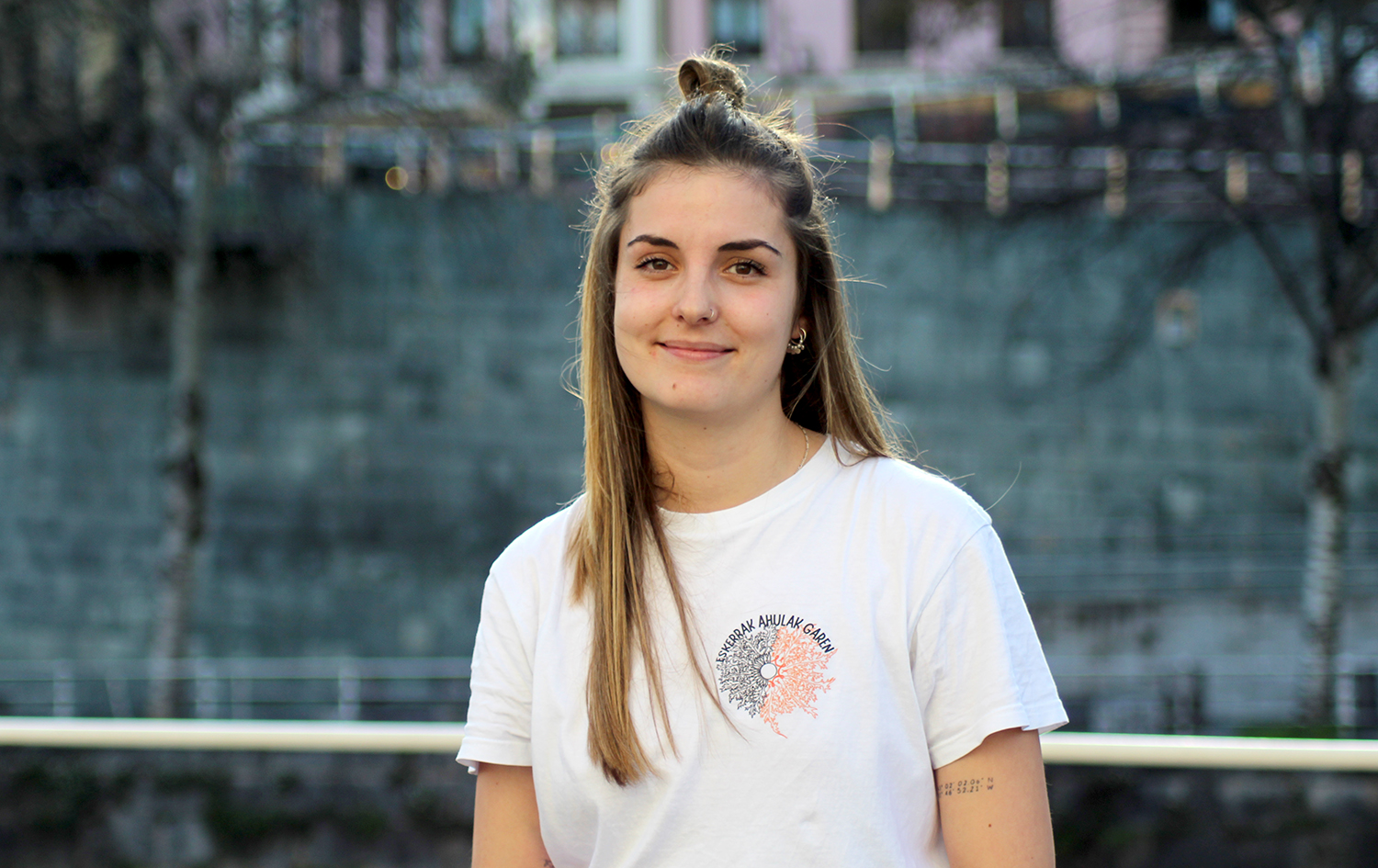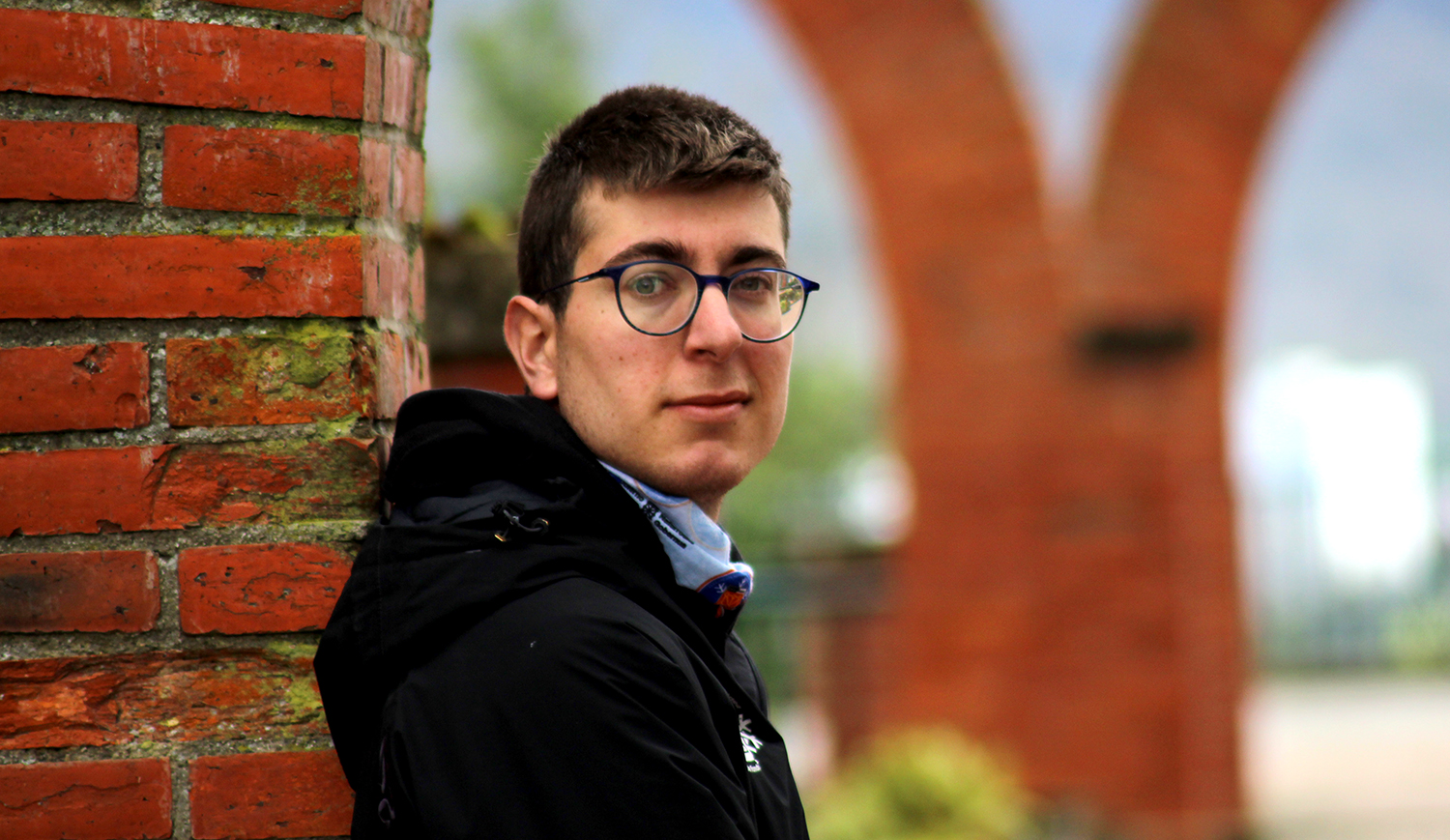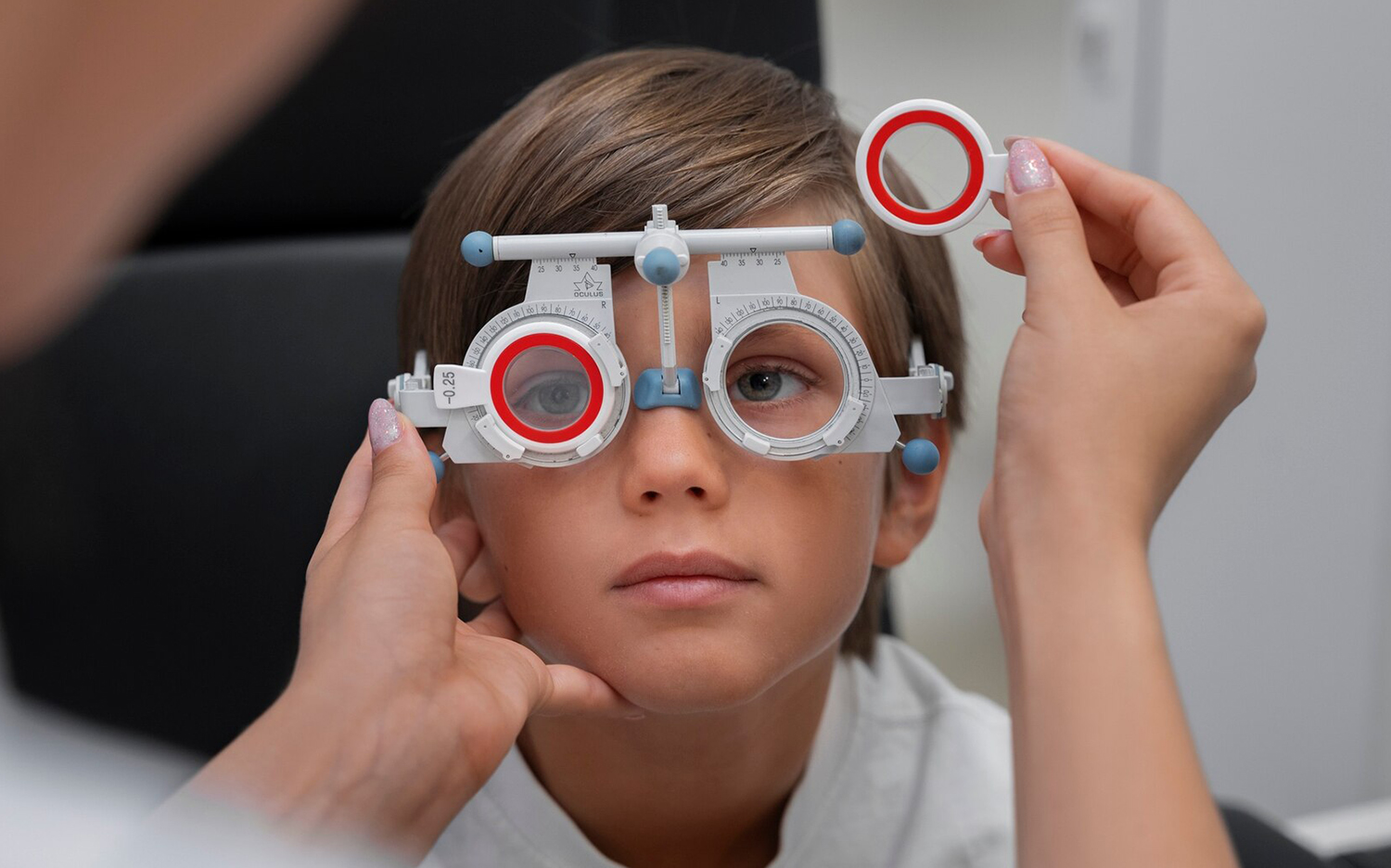"The struggle for the body is a struggle for sovereignty"
- PhD in Literature from the Université de Paris VIII-Saint-Denis. Professor of French studies at the University of Barcelona. Ikerlari Centre Dona i Literature at the UNESCO Chair. Helene Cixous, Jacques Derrida, Catherine Malabou, Jean-Luc Marion and Jean-Luc Nancy have been translated and edited. And he turned a couple of times towards his body.
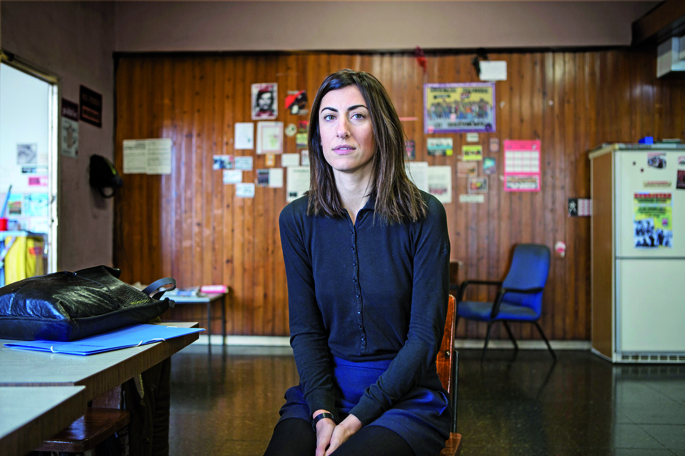
What is the body?
Michel de Certeau said: the body is hard to find as it is. We don't know exactly where it starts, where it ends. Is the voice, for example, part of the body? And the way to talk? How do you express yourself? Is body movement also part of the body?
What can philosophy answer?
Maybe philosophy doesn't have to think about what the body is, what its limits are. It may be more important to ask what are the traces left by the body in the world. And so you can understand one of the biggest reproaches that gender studies and feminist movements have made to the history of philosophy: the total absence of bodily footprints in texts.
There is no body, therefore, in the texts.
The history of canonical philosophy has been written in a supposedly neutral language, in which the subject who wrote did not leave marks of sexuality. Jacques Derrida began to inscribe marks of the sexualized body in texts with a marked philosophical character, in which he spoke of the psychoanalysis of Plato, Heidegger or Lacan. And not only the traces of the sexually transmitted body itself, but also of the colonized body, the Jewish body. Derrida said that what he was most interested in the philosophers he read was knowing his sexual life, understood in a broad way: sexuality, body, etc. It is precisely what had never appeared in his texts.
But all of a sudden, they started sliding bodies.
From the second half of the twentieth century, reflection on the body has been one of the great contributions of feminism and contemporary philosophy. For example, everything that is not our body has appeared in our body. Not ours, but the result of the morality and ideology of each era, all the violence that each time imposes on the body. As well as the different forms used by the body for emancipation.
Because bodies are not one.
Today we know more than ever that the intimate body is the least afraid of the system. This system promotes, on the one hand, many forms of bodily exposure, of the spectacle, medically, pornographically; and on the other hand, criminalizes those bodies that go out into the street to vindicate to those who take public space many things that have to do politically with the body. Some would like these things to remain closed in an intimate or private space.
In front of the intimate body, what?
Public or political body. Each State regulates, in a totally relative way, which bodies have, for example, the right to marry, the right to be a parent, sex, the right to change one's own body. The idea that the body was a private thing had to be dismantled, especially since the 1960s.
It has, of course, been done.
This complaint can be read in the modern texts of the twentieth century: The sick and psychiatric social body of Antonín Artaud, the poor and fragmented bodies of Samuel Beckett, the blurred bodies of Marguerite Duro, the homosexual eroticism of Jean Genet or the feminine and colonized writing of Helene Cixous. Evelyn Grosmman has talked about the need to invent other bodies, to look for other social and political models. And not only through intimate exploration, but also through the exploration of the social, sexual, politically invisible body.
You mentioned body change. But how far?
Our time has been the one that's been closest to making us believe that we can have the body we want. With self-transformation of the body itself: diets, surgery, hormones and, above all, fashion in the broadest sense. We are continually being offered ways to self-design the bodies that we want to be.
The body we want, is it possible?
The debate about body change has two levels. On the one hand, in the neoliberal life, the change of body is an option, among others: we are offered the possibility of changing work, country, partner, changing the age of maternity or the ways of experiencing motherhood. But, on the other hand, the change of one's own body is one of the biggest struggles around gender. The struggle for the body is a struggle for sovereignty, in that sense.
And the body itself as a battlefield.
Visibility of the body is, at the same time, an important economic resource exploited by television and such industries. But there are also many tools that use feminist collectives and anti-systems. The latter are not recognised and publicly criminalised in the absence of legislation protecting their freedom of action. In these cases, the body becomes synonymous with protest.
Many Basque feminists have been disappointed to learn that writer Chimamanda Ngozi Adichie has externalized pregnancy, meaning that a surrogate has fertilized her baby for money.Adichie is the author of the essay We should all be feminists, among others. They have ignored the... [+]
Indartsua, irribarretsua eta oso langilea. Helburu pila bat ditu esku artean, eta ideia bat okurritzen zaionean buru-belarri aritzen da horretan. Horiek dira Ainhoa Jungitu (Urduña, Bizkaia, 1998) deskribatzen duten zenbait ezaugarri. 2023an esklerosi anizkoitza... [+]
Orain arte desgaituak ez diren pertsonekin lehiatu da Uharteko Ipar Eski Taldeko Eneko Leyun eskiatzailea (Iruñea, 1998). 2024-2025 denboraldian, lehenengo aldiz parte hartu du Adimen Urritasuna duten Pertsonentzako Iraupeneko Eskiko Espainiako Txapelketan. Urrezko... [+]
Pertsona lodiek lodiak izateagatik bizi izan duten eta bizi duten indarkeriaren inguruan teorizatzeko espazio bat sortzea du helburu ‘Nadie hablará de nosotras’ podcastak. Cristina de Tena (Madril, 1990) eta Lara Gil (Fuenlabrada, Espainia, 1988) aktibista... [+]
Gazteagotan baino lotsa handiagoa dauka, baina horrek ez dio saltsa askotan ibiltzeko gogoa kentzen Leire Zabalza Santestebani (Iruñea, 1990). Beste gauza askoren artean, Motxila 21 musika taldeko kidea da. Nabarmendu du musika gauza asko aldarrikatzeko bide izan... [+]
Miopia gero eta gehiago eta gero eta lehenago ari da garatzen, eta horren arriskua da dioptriak gehitzen joatea eta helduaroan begiari lotutako hainbat gaitz izateko aukerak dezente handitzea. “Eguzki-argia jasotzea inportantea da, eta denbora asko ez igarotzea oso gertu... [+]
Istorioetan murgildu eta munduak eraikitzea gustuko du Iosune de Goñi García argazkilari, idazle eta itzultzaileak (Burlata, Nafarroa, 1993). Zaurietatik, gorputzetik eta minetik sortzen du askotan. Desgaitua eta gaixo kronikoa da, eta artea erabiltzen du... [+]
This wedge that the announcement on the radio Euskadi to replace the bathtub with a shower encourages the commencement of the works in the bathroom of the house. A simple work, a small investiture and a great change are announced. There has been a shift in toilet trends and a... [+]









